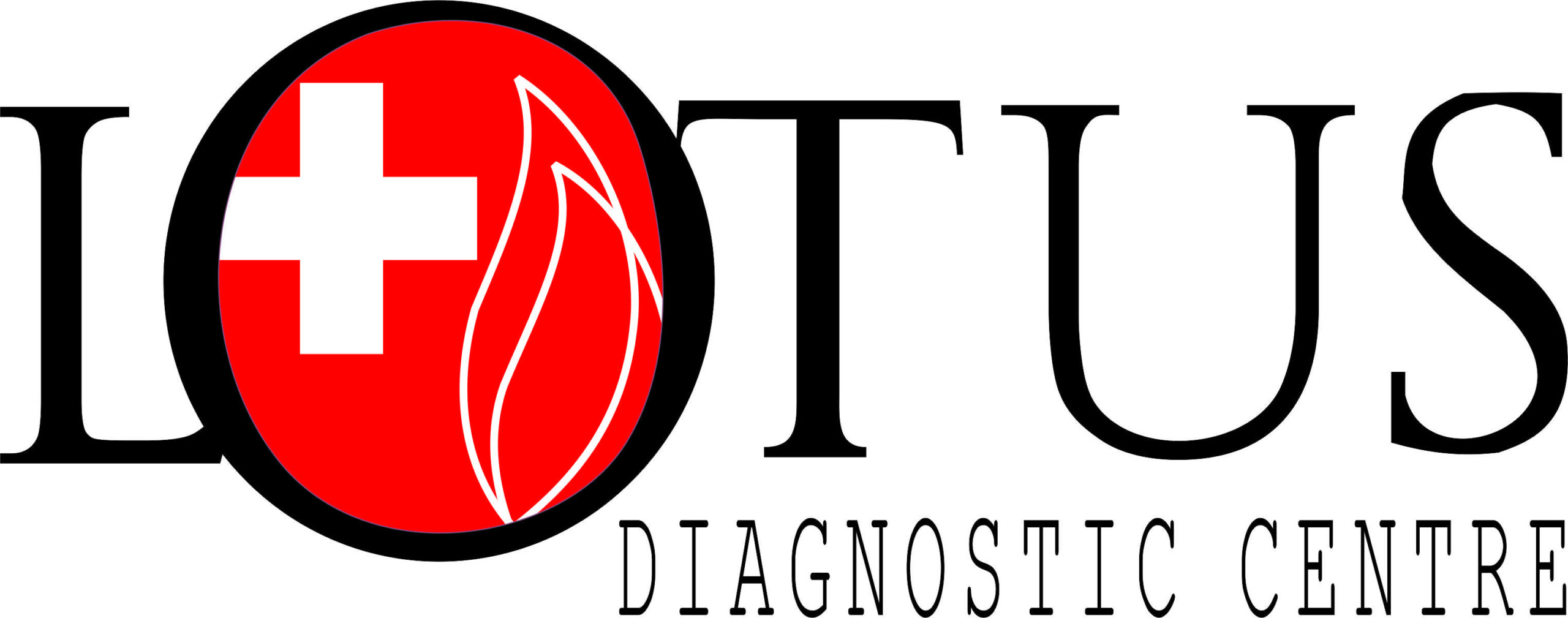Dermatology
Dermatology at Lotus Diagnostic Centre
Dermatology is the study and treatment of conditions related to the skin, hair, and nails. Dermatologists are medical professionals who specialize in diagnosing and treating such skin conditions.
Why Choose Lotus?
Lotus Diagnostic Centre has an expert panel of doctors with super specialities in dermatology. The clinic is equipped with its own diagnostic centre which has state of art equipment. Since we have in-house diagnostic capabilities and lab services which are housed used under one roof, our patients experience seamless service while seeking consultation, diagnostic tests and treatment.
When Should You Visit a Dermatologist
Acne
Acne is a common dermatology problem that affects millions of people worldwide. It occurs when hair follicles become clogged with oil and dead skin cells, leading to the formation of pimples, blackheads, and whiteheads. Acne can appear on the face, chest, back, and shoulders.
Treatment options for acne may include topical medications such as benzoyl peroxide, retinoids, and antibiotics. In severe cases, oral medications like isotretinoin may be prescribed. Dermatologists may also recommend chemical peels or laser therapy to treat acne.
Eczema
Eczema is a chronic skin condition that causes red, itchy, and dry skin. It is most common in children but can affect people of all ages. Eczema can be triggered by various factors such as stress, allergies, and irritants.
Treatment for eczema includes the use of topical creams and ointments, such as corticosteroids and calcineurin inhibitors. Moisturizers and emollients are also used to help soothe and hydrate the skin. In severe cases, oral medications like prednisone may be prescribed.
Psoriasis
Psoriasis is a chronic skin condition that causes thick, scaly patches on the skin. It is caused by an overactive immune system that triggers the growth of skin cells too quickly. Psoriasis can be triggered by stress, infections, and certain medications.
Treatment options for psoriasis include topical medications such as corticosteroids, vitamin D analogs, and retinoids. Phototherapy, which involves exposing the skin to ultraviolet light, is also used to treat psoriasis. In severe cases, oral or injectable medications such as methotrexate and biologics may be prescribed.
Rosacea
Rosacea is a chronic skin condition that causes redness, flushing, and small bumps on the face. It is most common in middle-aged women with fair skin. Rosacea can be triggered by alcohol, spicy foods, and stress.
Treatment for rosacea includes the use of topical medications such as metronidazole and azelaic acid. Oral antibiotics like doxycycline may also be prescribed to reduce inflammation. Laser therapy may also be used to treat rosacea.
Skin Cancer
Skin cancer is the abnormal growth of skin cells that can be caused by excessive exposure to UV rays from the sun or tanning beds. There are three main types of skin cancer: basal cell carcinoma, squamous cell carcinoma, and melanoma.
Treatment for skin cancer depends on the type and stage of the cancer. Surgery is the most common treatment for skin cancer, but other treatment options include radiation therapy, chemotherapy, and immunotherapy.
Warts
Warts are small, fleshy growths on the skin caused by the human papillomavirus (HPV). They can appear anywhere on the body but are most commonly found on the hands and feet.
Treatment options for warts include over-the-counter treatments such as salicylic acid and cryotherapy. In severe cases, a dermatologist may recommend surgery to remove the wart.
Treatments for Dermatological Problems
Topical Medications
Topical medications are creams, ointments, and gels that are applied directly to the skin. They are used to treat a variety of dermatological problems such as acne, eczema, and psoriasis. Topical medications work by reducing inflammation, killing bacteria, and slowing down the growth of skin cells.
Phototherapy
Phototherapy involves exposing the skin to ultraviolet (UV) light to treat dermatological conditions. Phototherapy is commonly used to treat psoriasis, eczema, and vitiligo. UV light reduces inflammation, slows down the growth of skin cells, and kills bacteria.
Laser Therapy
Laser therapy involves using a high-energy beam of light to treat skin conditions. Laser therapy is commonly used to treat rosacea, acne, and other skin conditions. Laser therapy works by destroying targeted cells without damaging surrounding tissue.
Surgery
Surgery is used to remove skin lesions, tumors, and other growths. Surgery is also used to repair scars and other skin damage.
How to Reduce Risk of Skin Problems
Preventing skin problems is key to maintaining healthy skin. Here are some tips for preventing common skin conditions:
Protect your skin from the sun: Sun exposure is the leading cause of skin damage and aging. Protect your skin from the sun by wearing protective clothing, using sunscreen, and avoiding the sun during peak hours.
Keep your skin clean and moisturized: Regularly washing your skin with a gentle cleanser and moisturizing can help keep your skin healthy and prevent dryness and irritation.
Don’t smoke: Smoking can damage your skin, causing wrinkles, premature aging, and other skin problems.
Eat a healthy diet: A healthy diet that is rich in fruits, vegetables, and whole grains can help keep your skin healthy.
Manage stress: Stress can cause skin problems like acne and eczema. Managing stress through exercise, meditation, or other relaxation techniques can help keep your skin healthy.
Our Dermatology Specialists

Dr. Satish V K

